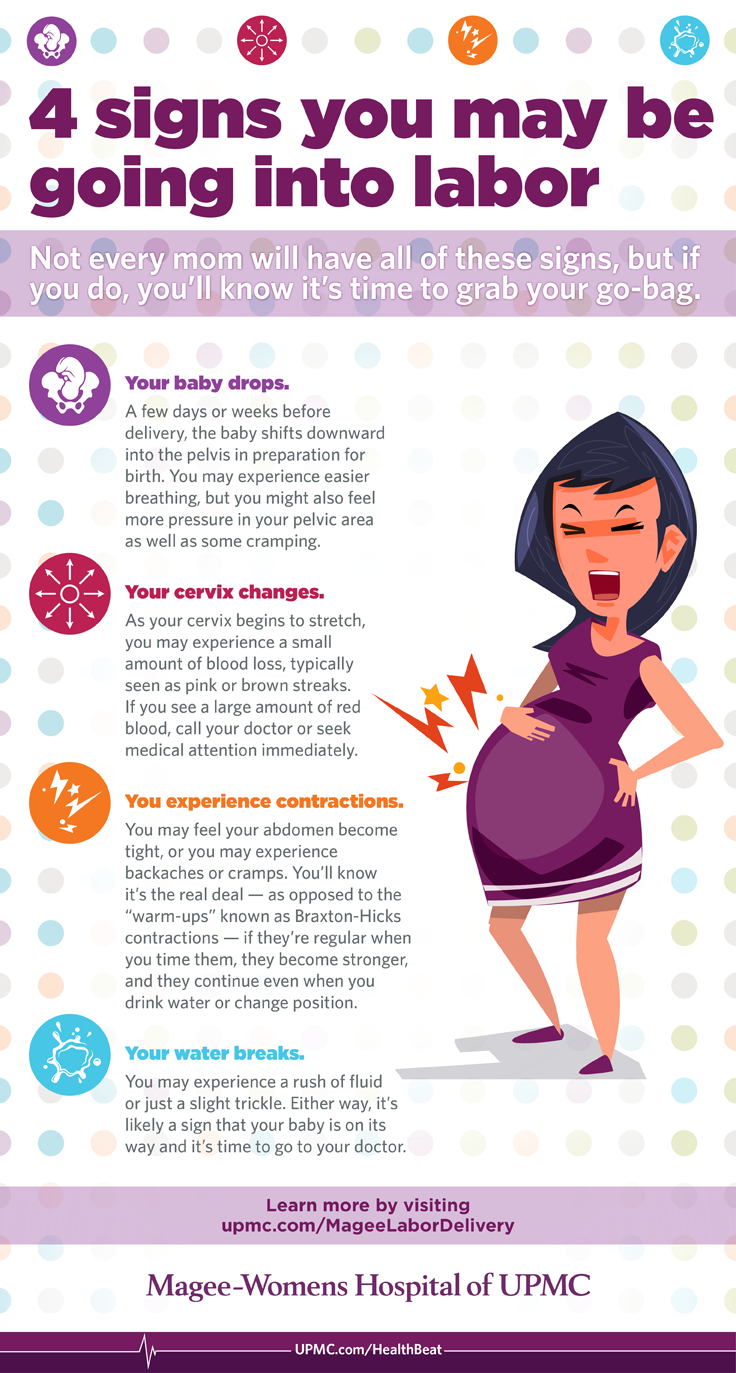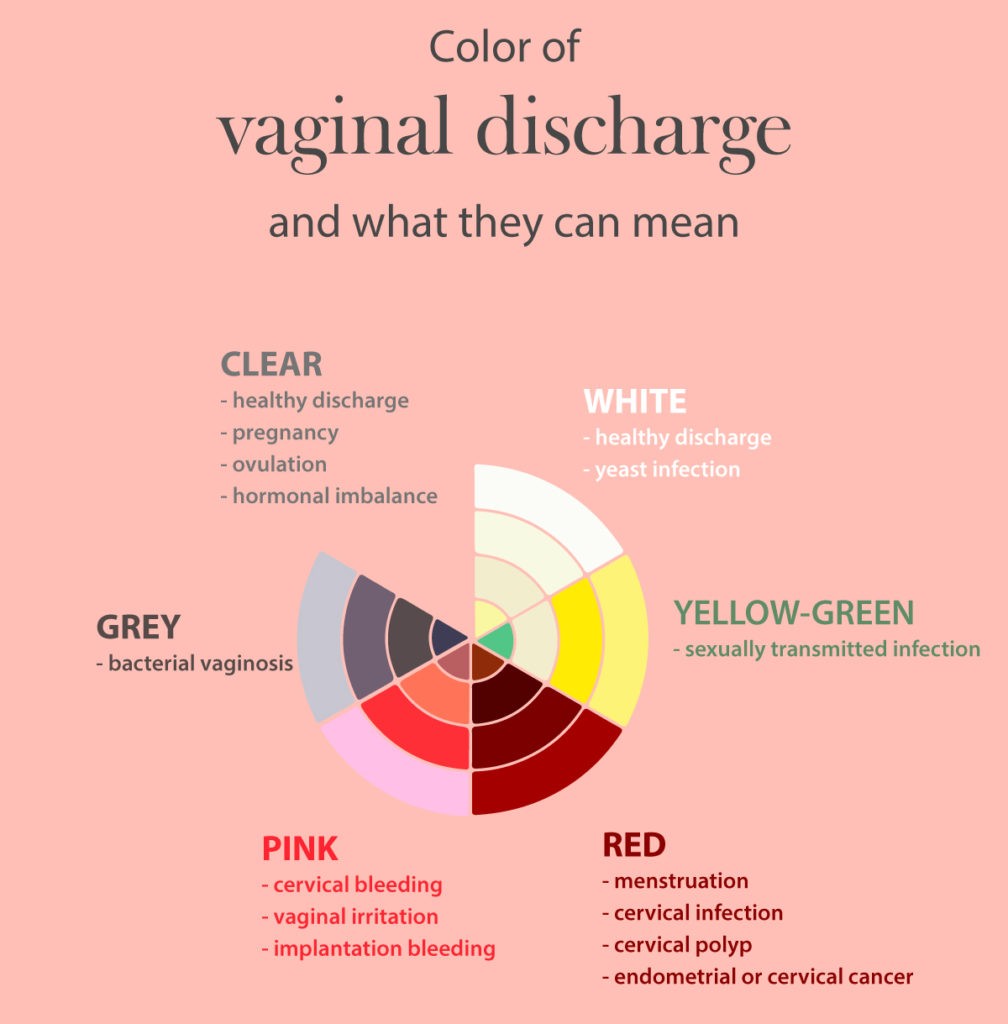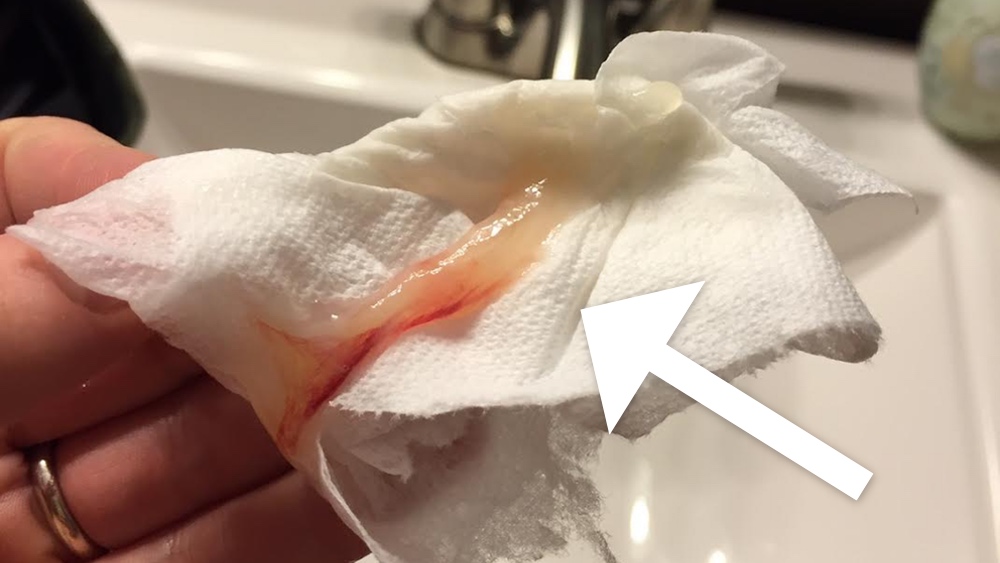Pregnancy Discharge Labor - Signs of labor may include contractions, cramps, pelvic pressure, changes in vaginal discharge and loss of mucus plug — but. When your cervix begins to thin and. During pregnancy, a thick plug of mucus blocks the opening of the cervix to keep bacteria from entering the uterus. During pregnancy, a thick plug of mucus protects the cervical opening from bacteria entering the uterus.
Signs of labor may include contractions, cramps, pelvic pressure, changes in vaginal discharge and loss of mucus plug — but. During pregnancy, a thick plug of mucus blocks the opening of the cervix to keep bacteria from entering the uterus. During pregnancy, a thick plug of mucus protects the cervical opening from bacteria entering the uterus. When your cervix begins to thin and.
During pregnancy, a thick plug of mucus protects the cervical opening from bacteria entering the uterus. When your cervix begins to thin and. During pregnancy, a thick plug of mucus blocks the opening of the cervix to keep bacteria from entering the uterus. Signs of labor may include contractions, cramps, pelvic pressure, changes in vaginal discharge and loss of mucus plug — but.
4 Signs You May Be Going into Labor UPMC HealthBeat
Signs of labor may include contractions, cramps, pelvic pressure, changes in vaginal discharge and loss of mucus plug — but. During pregnancy, a thick plug of mucus blocks the opening of the cervix to keep bacteria from entering the uterus. During pregnancy, a thick plug of mucus protects the cervical opening from bacteria entering the uterus. When your cervix begins.
Discharge During Pregnancy 5 Types of Pregnancy Discharge YouTube
Signs of labor may include contractions, cramps, pelvic pressure, changes in vaginal discharge and loss of mucus plug — but. When your cervix begins to thin and. During pregnancy, a thick plug of mucus blocks the opening of the cervix to keep bacteria from entering the uterus. During pregnancy, a thick plug of mucus protects the cervical opening from bacteria.
Signs and symptoms of preterm labor infographic March of Dimes
During pregnancy, a thick plug of mucus blocks the opening of the cervix to keep bacteria from entering the uterus. When your cervix begins to thin and. Signs of labor may include contractions, cramps, pelvic pressure, changes in vaginal discharge and loss of mucus plug — but. During pregnancy, a thick plug of mucus protects the cervical opening from bacteria.
Is Having A Watery Discharge During Pregnancy Normal? MomJunction
During pregnancy, a thick plug of mucus protects the cervical opening from bacteria entering the uterus. When your cervix begins to thin and. During pregnancy, a thick plug of mucus blocks the opening of the cervix to keep bacteria from entering the uterus. Signs of labor may include contractions, cramps, pelvic pressure, changes in vaginal discharge and loss of mucus.
Vaginal discharge during pregnancy
When your cervix begins to thin and. During pregnancy, a thick plug of mucus blocks the opening of the cervix to keep bacteria from entering the uterus. During pregnancy, a thick plug of mucus protects the cervical opening from bacteria entering the uterus. Signs of labor may include contractions, cramps, pelvic pressure, changes in vaginal discharge and loss of mucus.
What Does Discharge Look Like
During pregnancy, a thick plug of mucus blocks the opening of the cervix to keep bacteria from entering the uterus. Signs of labor may include contractions, cramps, pelvic pressure, changes in vaginal discharge and loss of mucus plug — but. During pregnancy, a thick plug of mucus protects the cervical opening from bacteria entering the uterus. When your cervix begins.
Pregnancy discharge instructions with pregnant woman and nurse w labor
Signs of labor may include contractions, cramps, pelvic pressure, changes in vaginal discharge and loss of mucus plug — but. During pregnancy, a thick plug of mucus protects the cervical opening from bacteria entering the uterus. When your cervix begins to thin and. During pregnancy, a thick plug of mucus blocks the opening of the cervix to keep bacteria from.
Why is there Green Discharge During Pregnancy? Pristyn Care
When your cervix begins to thin and. During pregnancy, a thick plug of mucus protects the cervical opening from bacteria entering the uterus. During pregnancy, a thick plug of mucus blocks the opening of the cervix to keep bacteria from entering the uterus. Signs of labor may include contractions, cramps, pelvic pressure, changes in vaginal discharge and loss of mucus.
Signs of Labor Is It Baby Time or Just the End of Pregnancy?
When your cervix begins to thin and. During pregnancy, a thick plug of mucus blocks the opening of the cervix to keep bacteria from entering the uterus. Signs of labor may include contractions, cramps, pelvic pressure, changes in vaginal discharge and loss of mucus plug — but. During pregnancy, a thick plug of mucus protects the cervical opening from bacteria.
Light Blood In Discharge 38 Weeks Pregnant
When your cervix begins to thin and. Signs of labor may include contractions, cramps, pelvic pressure, changes in vaginal discharge and loss of mucus plug — but. During pregnancy, a thick plug of mucus protects the cervical opening from bacteria entering the uterus. During pregnancy, a thick plug of mucus blocks the opening of the cervix to keep bacteria from.
During Pregnancy, A Thick Plug Of Mucus Blocks The Opening Of The Cervix To Keep Bacteria From Entering The Uterus.
Signs of labor may include contractions, cramps, pelvic pressure, changes in vaginal discharge and loss of mucus plug — but. During pregnancy, a thick plug of mucus protects the cervical opening from bacteria entering the uterus. When your cervix begins to thin and.








